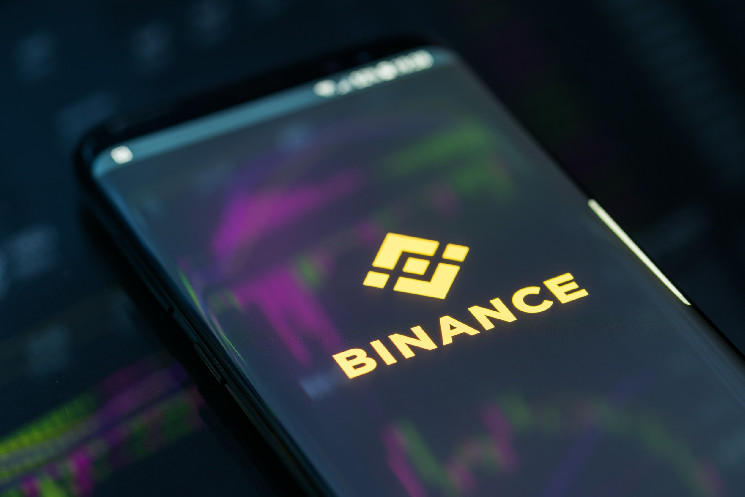According to a Tuesday report, the cryptocurrency exchange Binance is exploring ways to reduce counterparty risk for its institutional clients. Allegedly, the company is seeking to achieve this by allowing certain traders to keep collateral in two European banks.
Binance Reportedly Negotiating to Keep Collateral in Swiss and Liechtenstein Banks
Binance, the world’s largest cryptocurrency exchange, is reportedly negotiating with several banks hoping to allow its institutional clients to keep trading collateral outside the exchange. The move is aimed at reducing counterparty risk in margin trading.
Allegedly, the two banks primarily considered are the Switzerland-based FlowBank and the Liechtenstein-based Bank Frick. Both banks have, however, declined to confirm or deny the reports, but FlowBank stated it is not licensed for cryptocurrency trading.
Reportedly, one possible arrangement would see the collateral held with banks invested in money-market funds. The investments would help cover the costs of borrowing stablecoins issued as collateral for margin trading from Binance.
Are EU Banks Rebanking Crypto After Silvergate and Signature’s Collapse?
According to the report, the fears surrounding counterparty risk were brought into focus primarily due to the catastrophic collapse of FTX in November 2022. The event caused increased calls to move collateral away from custody with cryptocurrency exchanges at least partially.
The downfall of Sam Bankman-Fried’s company, paired with the regional banking crisis in the US created another problem for digital assets firms. The closing of Silvergate Bank in early March, and of Signature Bank only days later effectively severed the cryptocurrency industry’s two main links to the banking sector.
European banks, however, may be moving to fill in the gaps. A report from May 26th indicated that European financial companies have initiated a massive drive to hire cryptocurrency compliance workers. The drive has also likely been precipitated by the recent approval of the EU’s comprehensive MiCA framework by the European Commission.
Do you think keeping margin trading collateral outside the exchanges’ custody can help significantly reduce counterparty risk? Let us know in the comments below.
 tokenist.com
tokenist.com
